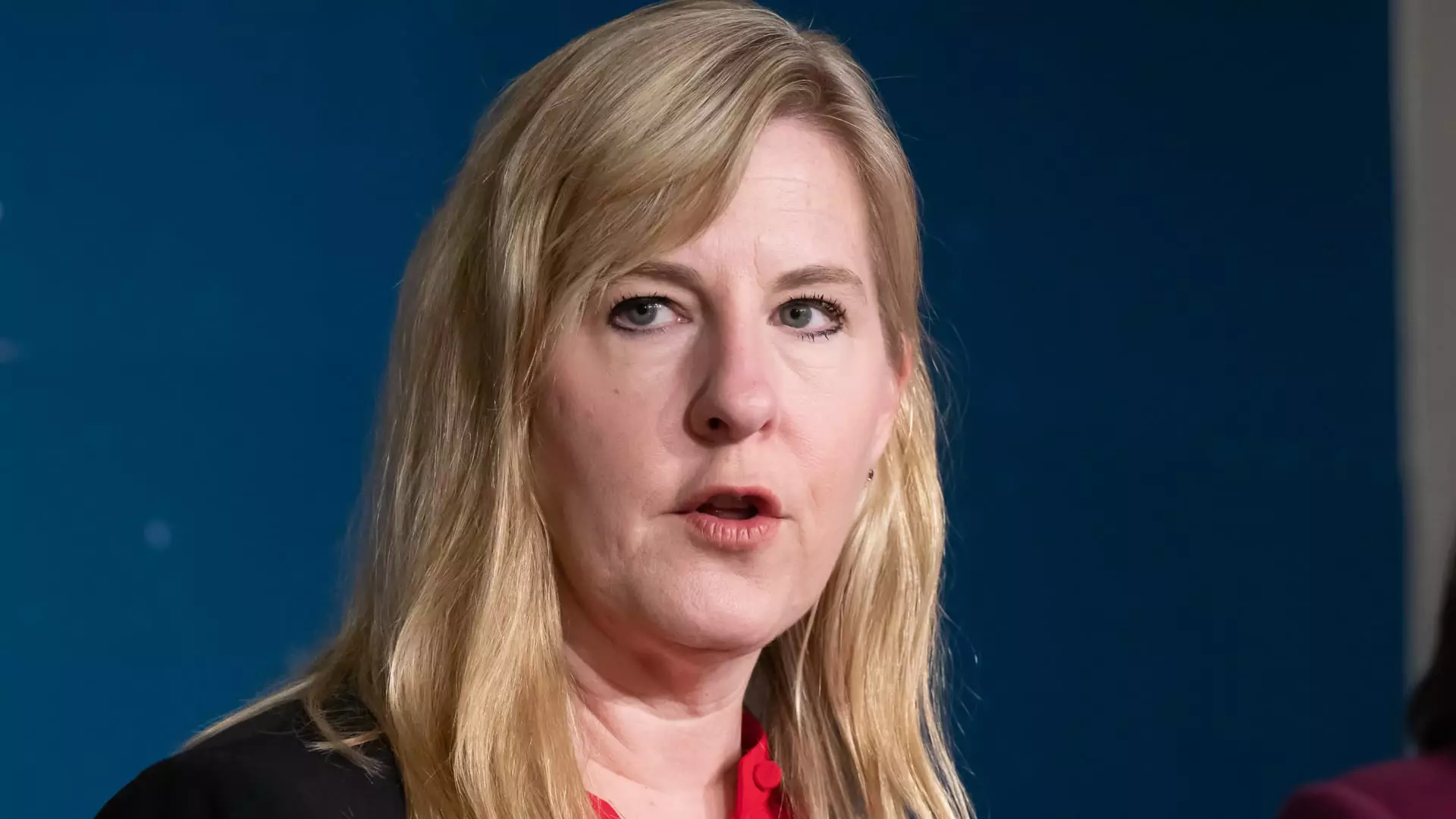The recent assassination of former Minnesota House Speaker Melissa Hortman and her husband, Mark, stands as a chilling testament to the alarming escalation of political violence in the United States. This crisis did not emerge in isolation; rather, it is symptomatic of a broader deterioration in civil discourse that has swept across the nation. What was once the playground of robust debates and passionate discussions has devolved into a toxic arena where violence lurks ominously just beneath the surface, waiting for a spark.
The situation escalated into tragedy when Hortman and Minnesota State Senator John Hoffman, who survived a terrifying assassination attempt, were targeted in a predawn attack. This senseless brutality was not just an assault on individuals; it is an affront to democracy itself. Governor Tim Walz aptly described this horrific event as a “politically motivated assassination,” underscoring the idea that our very democratic institutions are at risk when politicians become targets for violent backlash.
As the nation reels from this shocking event, we see the immediate ramifications. A manhunt for the suspect reveals troubling details, such as the assailant’s impersonation of a police officer and the discovery of a manifesto suggesting a planned attack on multiple lawmakers. This calculated assault is a clarion call for all citizens, regardless of their political affiliations, to confront the escalating extremism that seems to have found fertile ground in our political arenas.
The Lethal Consequences of Political Extremism
Political violence is not merely a direct attack on its victims; it represents a grotesque challenge to the very foundation on which our governmental systems are built. When leaders like Hortman are murdered for their beliefs, it sends a despondent message to legislators across the nation: Speak up and risk your life. This leads to a chilling effect, where public servants may reconsider their roles or the stances they take on vital issues, ultimately diminishing the principles of representation and accountability.
Statements from national leaders like President Donald Trump and Attorney General Pam Bondi further emphasize the gravity of the situation. Trump’s vow that those involved will face prosecution “to the fullest extent of the law” rings hollow if substantial measures are not taken to curb the culture of hatred that enables such violence. It’s a reminder that mere words, however forceful, are inadequate in addressing a crisis that has implications far beyond individual incidents.
The Democratic National Committee Chair, Ken Martin, described the attack as “senseless murders,” highlighting the profound moral failing of a society that stirs the nest of extremism. His assertion that “this senseless violence must end” prompts us to consider how we can collectively reject the narrative that has turned political discourse into a battleground.
A Call for Collective Responsibility and Civic Courage
So, how do we navigate this dark landscape? As citizens, we must cultivate a sense of civic courage. Engaging in political discourse requires a commitment not only to express our views but to challenge the vitriol that permeates our interactions. There is a need for introspection and accountability, particularly for those who wield influence. Leaders on both sides of the aisle must establish a unified front against hate and violence, fostering environments where informed debate can thrive without fear.
Communities across the country are bracing for planned demonstrations, with Minnesota warned to avoid political rallies in the wake of these targeted shootings. This caution is rooted in a grim reality, reflecting a growing need for protection within our own borders. However, it must not lead to silence. Civil society should respond with resilience, turning grief into action by demanding that lawmakers continue their work in a safe environment.
That necessitates a powerful cultural shift—a return to civility in political discourse. The urgency of the moment cannot be overstated: the lives and futures of citizens depend on the capacity of our democratic institutions to remain unfettered by violence. The collective outcry against the murder of leaders like Hortman must not only resonate within the walls of grieving homes but also reverberate through halls of government and into communities, igniting a renewed commitment to standing against the extremism that seeks to shroud our nation in darkness.

Leave a Reply